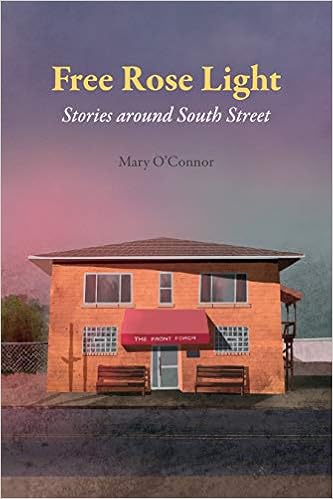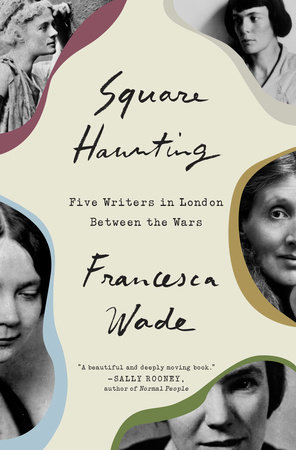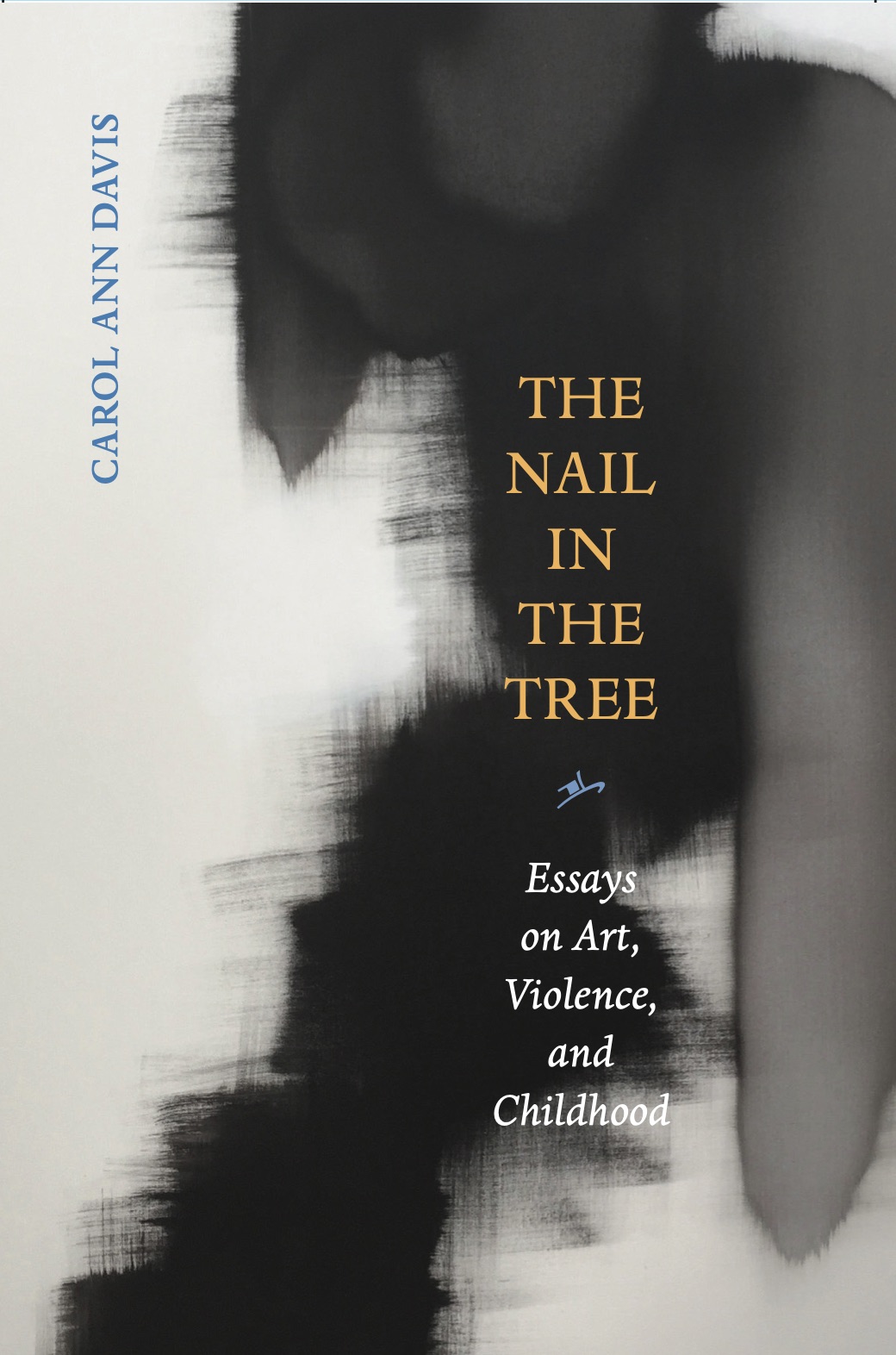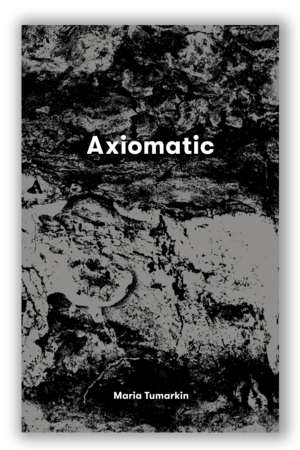 Mary O’Connor may have made her career as an architect, but her debut book shows her to be one heck of a writer. Her prose is tight, well-paced, and often exquisite. She balances fact and emotion with perfect precision, using a blend of memoir, reportage, biography, and social history to make Free Rose Light a rich and creative book that is both about its subject and transcendent.
Mary O’Connor may have made her career as an architect, but her debut book shows her to be one heck of a writer. Her prose is tight, well-paced, and often exquisite. She balances fact and emotion with perfect precision, using a blend of memoir, reportage, biography, and social history to make Free Rose Light a rich and creative book that is both about its subject and transcendent.
Tag: nonfiction
A review of Avoid the Day: A New Nonfiction in Two Movements by Jay Kirk
 Slivers of Kirk’s sometimes funny, sometimes traumatic personal history overlap and complement and reflect one another throughout the book. He spends a good part of the book searching in Transylvania for a lost manuscript, purportedly the work of none other than the great Béla Bartók, and spends another large chunk of it organizing strange activities on the deck of a cruise ship navigating some of the world’s remotest waters. Interwoven with these threads are passages in which Kirk frets over his seriously ill father, who, in one video call, strikes him as looking, in Kirk’s words, about a million years old.
Slivers of Kirk’s sometimes funny, sometimes traumatic personal history overlap and complement and reflect one another throughout the book. He spends a good part of the book searching in Transylvania for a lost manuscript, purportedly the work of none other than the great Béla Bartók, and spends another large chunk of it organizing strange activities on the deck of a cruise ship navigating some of the world’s remotest waters. Interwoven with these threads are passages in which Kirk frets over his seriously ill father, who, in one video call, strikes him as looking, in Kirk’s words, about a million years old.
A review of Square Haunting by Francesca Wade

A review of Be Sincere Even When You don’t Mean It: The Memoirs of Jimmy Sizemore by Jim Flynn
 Flynn’s attention to detail in describing Sizemore’s various meetings and situations is what makes the story so believable and hilarious. Always the gentleman (“I’d learned through osmosis from my father that you always compliment somebody before you turn them down”), he gets what he wants with a smile. It’s a lesson in how to conduct yourself in the most difficult situations with the most persuasive people. There are very few revered institutions and American ideals that are left unscathed by Flynn, and rightfully so.
Flynn’s attention to detail in describing Sizemore’s various meetings and situations is what makes the story so believable and hilarious. Always the gentleman (“I’d learned through osmosis from my father that you always compliment somebody before you turn them down”), he gets what he wants with a smile. It’s a lesson in how to conduct yourself in the most difficult situations with the most persuasive people. There are very few revered institutions and American ideals that are left unscathed by Flynn, and rightfully so.
A review of Imperfect by Lee Kofman
 I’d be lying if I said I didn’t spend time Googling these people, or that I wasn’t fascinated by the whole notion of what constitutes beauty – and the way in which it’s judged. Kofman doesn’t pretend to have an answer—Imperfect is not a didactic book, and nor does it present a thesis that beauty is more than ‘skin deep’ and that judgement in any form is bad–we cannot help gazing at the beautiful or indeed the shocking. What the book does show however, is that these are complex and important questions to raise and that familiarity and reflectiveness are a means to better understanding who we are.
I’d be lying if I said I didn’t spend time Googling these people, or that I wasn’t fascinated by the whole notion of what constitutes beauty – and the way in which it’s judged. Kofman doesn’t pretend to have an answer—Imperfect is not a didactic book, and nor does it present a thesis that beauty is more than ‘skin deep’ and that judgement in any form is bad–we cannot help gazing at the beautiful or indeed the shocking. What the book does show however, is that these are complex and important questions to raise and that familiarity and reflectiveness are a means to better understanding who we are.
A review of Virginia Woolf and the Women who Shaped her World by Gillian Gill
Gill’s book is a tour de force in bringing together information about Virginia Woolf’s Pattle ancestors and the Thackeray connection; in showing the damaging patriarchal milieu out of which she fought her way, and in highlighting her use of autobiographical material in her novels.
A review of The Nail in the Tree by Carol Ann Davis
 Davis expertly controls the narrative threads of their day-to-day reality while explaining what inspires her to write. Further into the book, these intimate details open up into a wider scope of the connection between life and art. She accomplishes this without appropriating the grief of the families with murdered children, instead Nail in the Tree tells how Davis’ life became what it is.
Davis expertly controls the narrative threads of their day-to-day reality while explaining what inspires her to write. Further into the book, these intimate details open up into a wider scope of the connection between life and art. She accomplishes this without appropriating the grief of the families with murdered children, instead Nail in the Tree tells how Davis’ life became what it is.
A review of Figuring by Maria Popova
 Emily Dickinson, in particular, comes across with such a delicacy and radiance that we begin to understand and sympathise with the odd recluse whose great love lasts a lifetime, and whose poetic work has not only been the beginnings of the modernist movement in poetry, but also an ongoing inspiration.
Emily Dickinson, in particular, comes across with such a delicacy and radiance that we begin to understand and sympathise with the odd recluse whose great love lasts a lifetime, and whose poetic work has not only been the beginnings of the modernist movement in poetry, but also an ongoing inspiration.
A review of Scorched Earth by Tammy Pemper
 Pemper has an impressive command of language, a necessary skill for creating a sense of place in what could easily be a generic theatre of war. In a perfect analogy for the social upheaval, the wheels of Peter’s truck are seen brushing the edge of the abyss at a cliffs edge during the journey. The remnants of a destructive landslide hinder the way forward on the road they travel. Woven into the background details is this lingering sense of danger and disturbance. It feels precarious.
Pemper has an impressive command of language, a necessary skill for creating a sense of place in what could easily be a generic theatre of war. In a perfect analogy for the social upheaval, the wheels of Peter’s truck are seen brushing the edge of the abyss at a cliffs edge during the journey. The remnants of a destructive landslide hinder the way forward on the road they travel. Woven into the background details is this lingering sense of danger and disturbance. It feels precarious.
A review of Axiomatic by Maria Tumarkin
 Axiomatic is a gorgeous, difficult and extraordinary book that demands deep engagement from the reader. Tumarkin’s humility, dark humour, scholarship, and above all, the empathy with which she connects her own experience to that of her subjects and ultimately to that of the reader creates a tapestry that is moving, powerful, and important. This is a book that seeps under the skin, changing perception. It’s vital reading.
Axiomatic is a gorgeous, difficult and extraordinary book that demands deep engagement from the reader. Tumarkin’s humility, dark humour, scholarship, and above all, the empathy with which she connects her own experience to that of her subjects and ultimately to that of the reader creates a tapestry that is moving, powerful, and important. This is a book that seeps under the skin, changing perception. It’s vital reading.